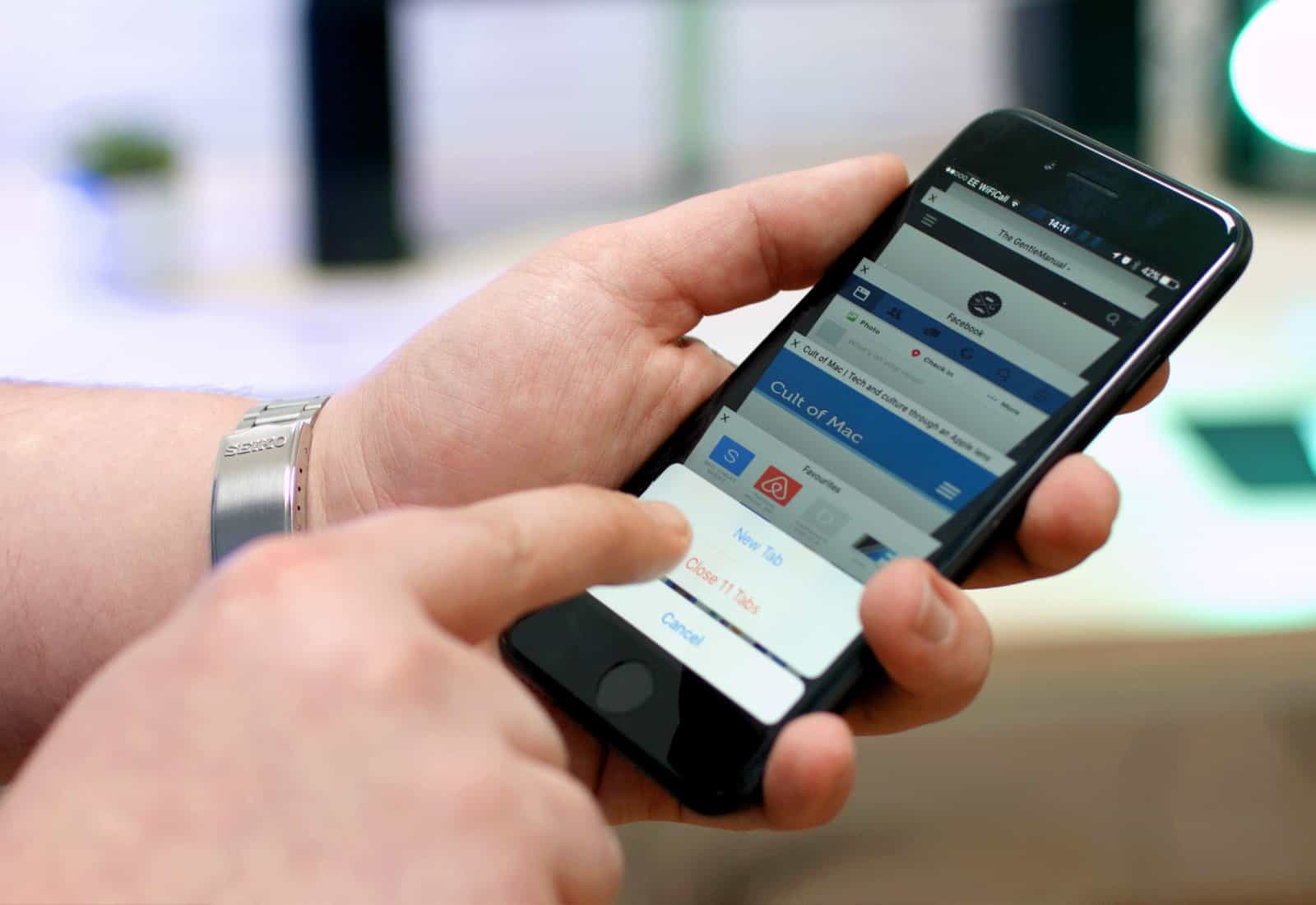Apple is finally “considering” giving users the ability to set third-party web browsers and email clients as defaults on iOS, according to a new Bloomberg report. It could also open up HomePod to rival music streaming services.
iPhone and iPad owners can already install third-party alternatives, but iOS currently does not allow them to override Apple’s built-in services. That could change as Apple faces increasing pressure over the tight control it imposes over its mobile devices.
In the early days of the App Store, Apple would reject any app that was designed to replace Safari or Mail. They were seen as replicating built-in functionality, which Apple’s guidelines would not allow. Thankfully, things have changed, and Apple has loosened up ever so slightly.
Although third-party browsers and email clients are available on iOS, however, they cannot replace Safari and Mail as defaults. So, even if you prefer to use Chrome, almost every link you open on your iPhone or iPad will continue to launch Safari instead. That may not always be the case.
Apple ‘considering’ third-party defaults on iOS
Apple “is discussing whether to let users choose third-party web browser and mail applications as their default options on Apple’s mobile devices, replacing the company’s Safari browser and Mail app,” reads a new report from Bloomberg, which cites sources familiar with the matter.
“The Cupertino, California-based company also is considering loosening restrictions on third-party music apps, including its top streaming rival Spotify Technology SA, on HomePods, said the people, who asked not to be named discussing internal company deliberations.”
Many say Apple’s current approach, which cannot be circumvented due to the company’s complete control over its mobile software, makes it impossible for some developers to compete on a level playing field. For the average iPhone user, for instance, it makes no sense to switch email clients when Apple forces use to use Mail by default.
This “unfair advantage” hasn’t been criticized by developers and users alone. Apple has also been probed by a U.S. House of Representatives antitrust panel over the restrictions it places on third-party apps and services.
Let us choose
Spotify lodged an antitrust complaint against Apple last year, in which it took aim at the 30% cut Apple takes from App Store purchases and subscriptions — and the way in which it prevents Spotify and other music services from being the default streaming service on HomePod.
“Now, Apple is working to allow third-party music services to run directly on the HomePod, said the people.”
Bloomberg notes that Apple currently pre-installs 38 apps on iPhone and iPad. In addition to Safari and Mail, Messages and Maps are also set at defaults and cannot be changed. Tapping an address in the Contacts app will always open Apple Maps, even if you’ve installed and prefer to use Google Maps the rest of the time.
If Apple does decide to allow third-party services to be set as defaults on iPhone, iPad, and HomePod, the change could be made with iOS 14 this fall, the report continued. Apple is expected to provide us with a preview of the update at its annual Worldwide Developers Conference in June.


